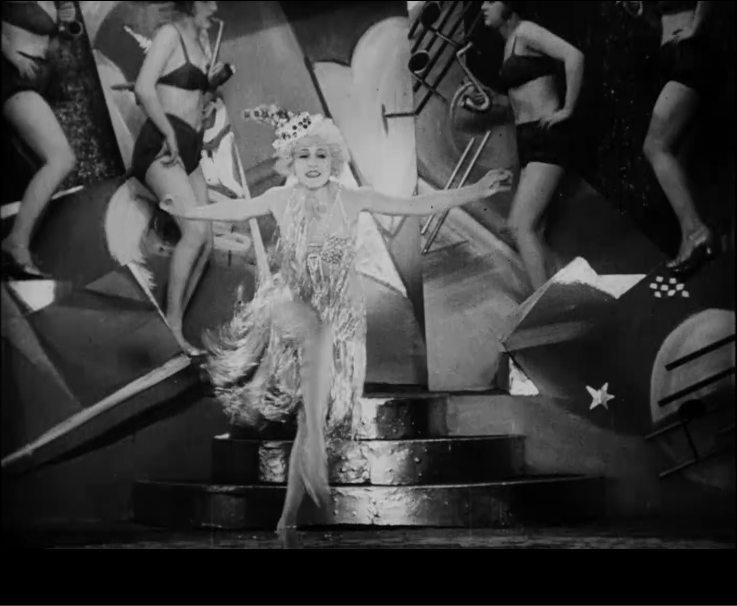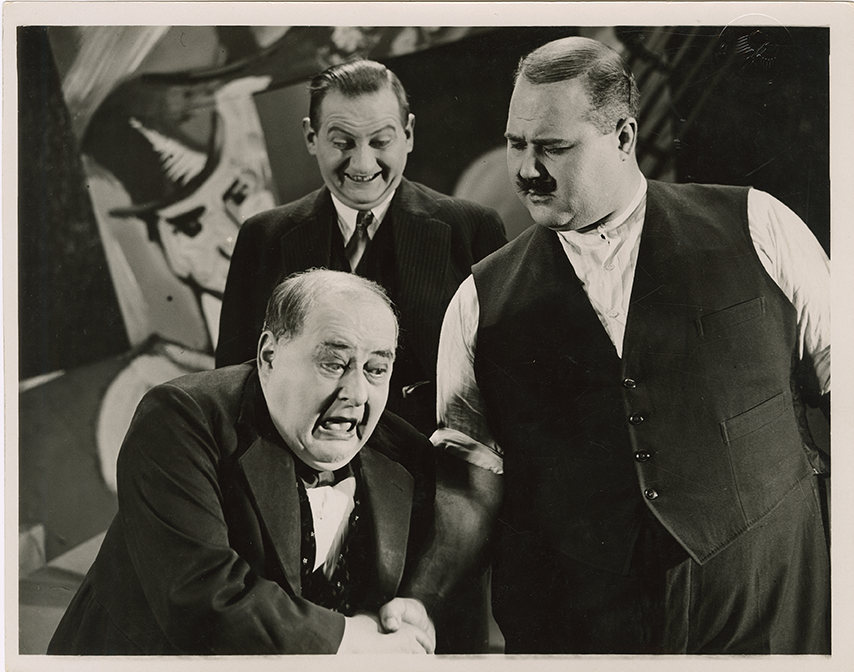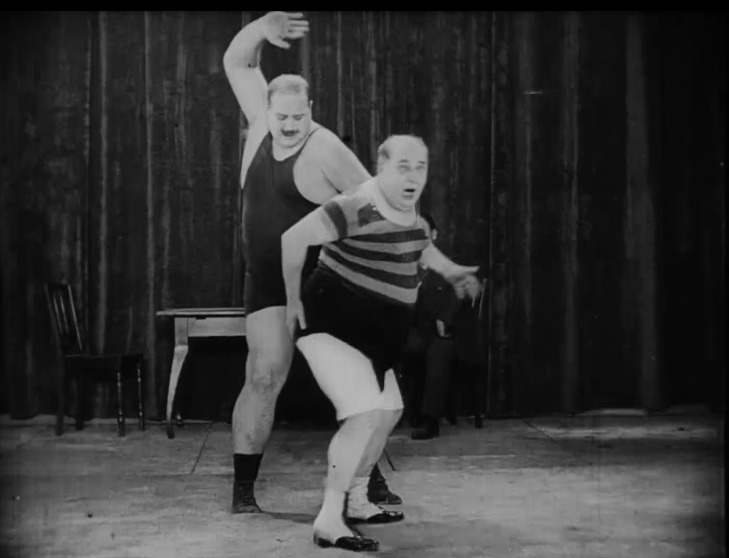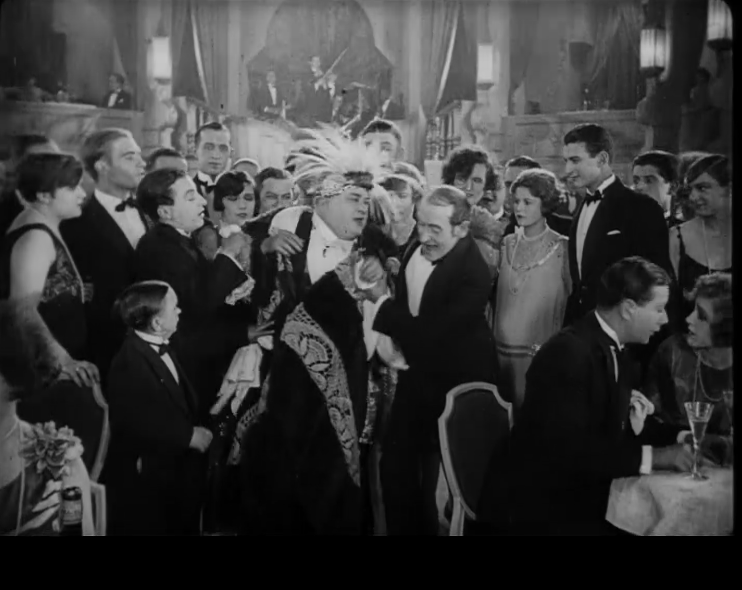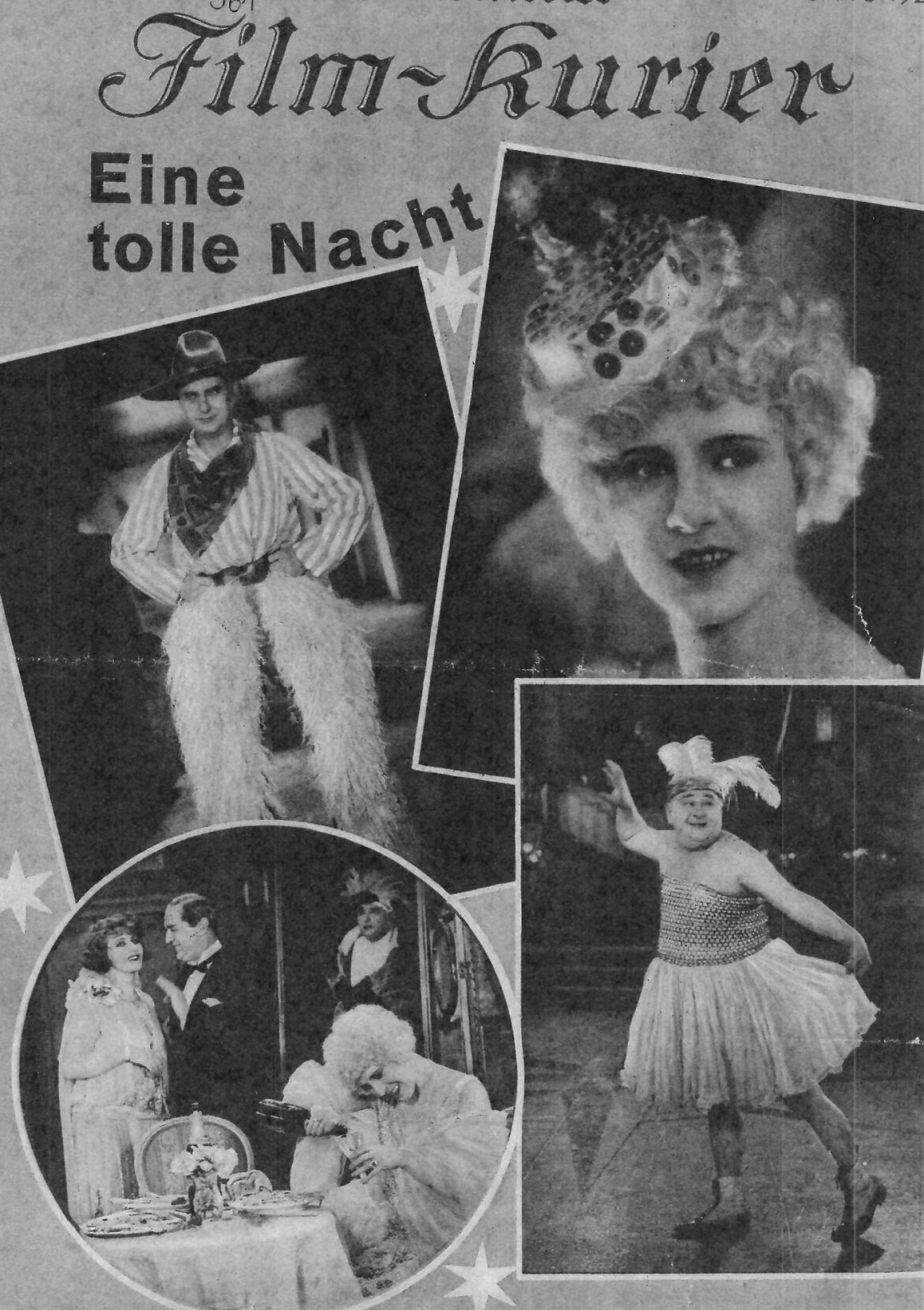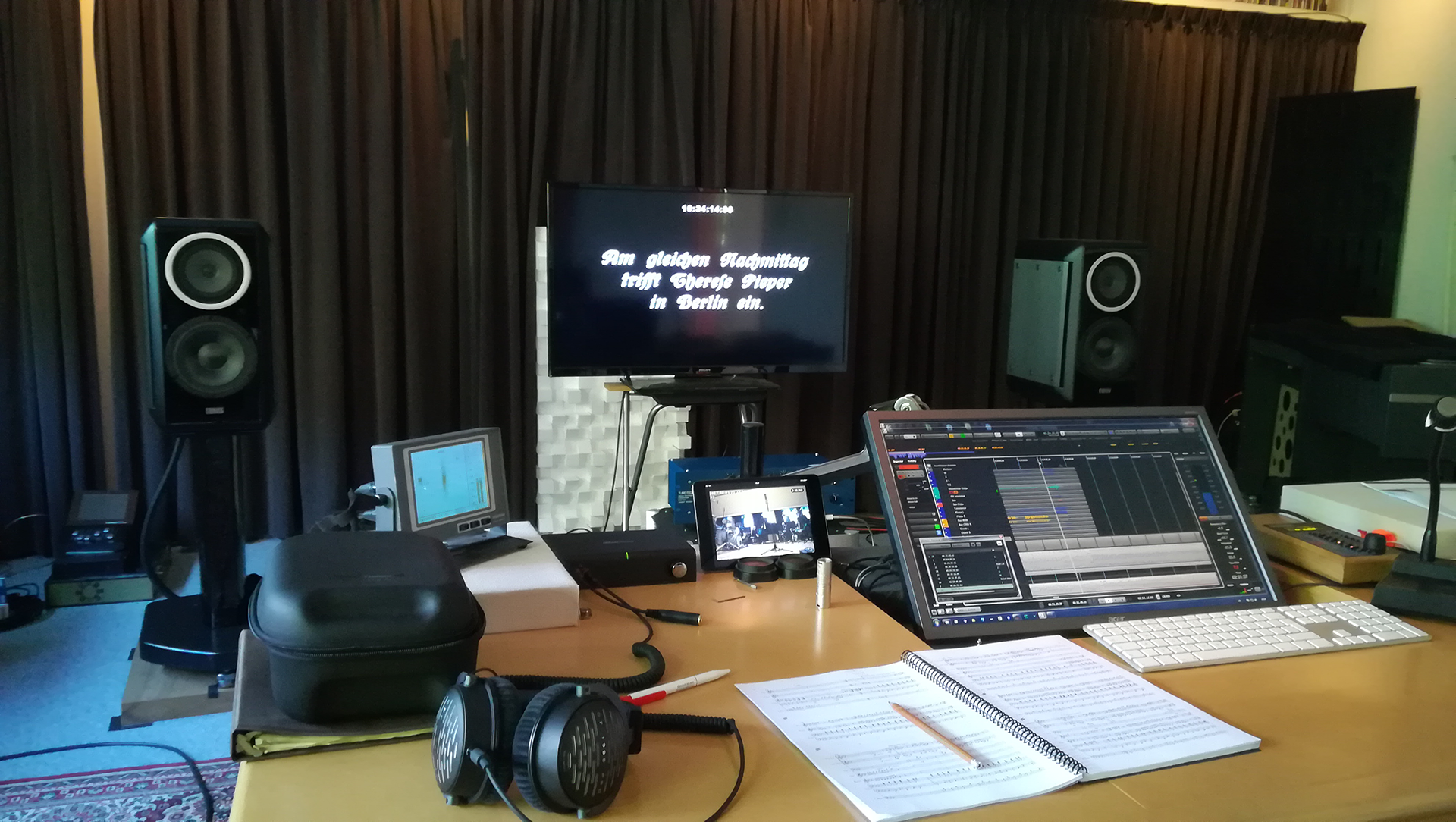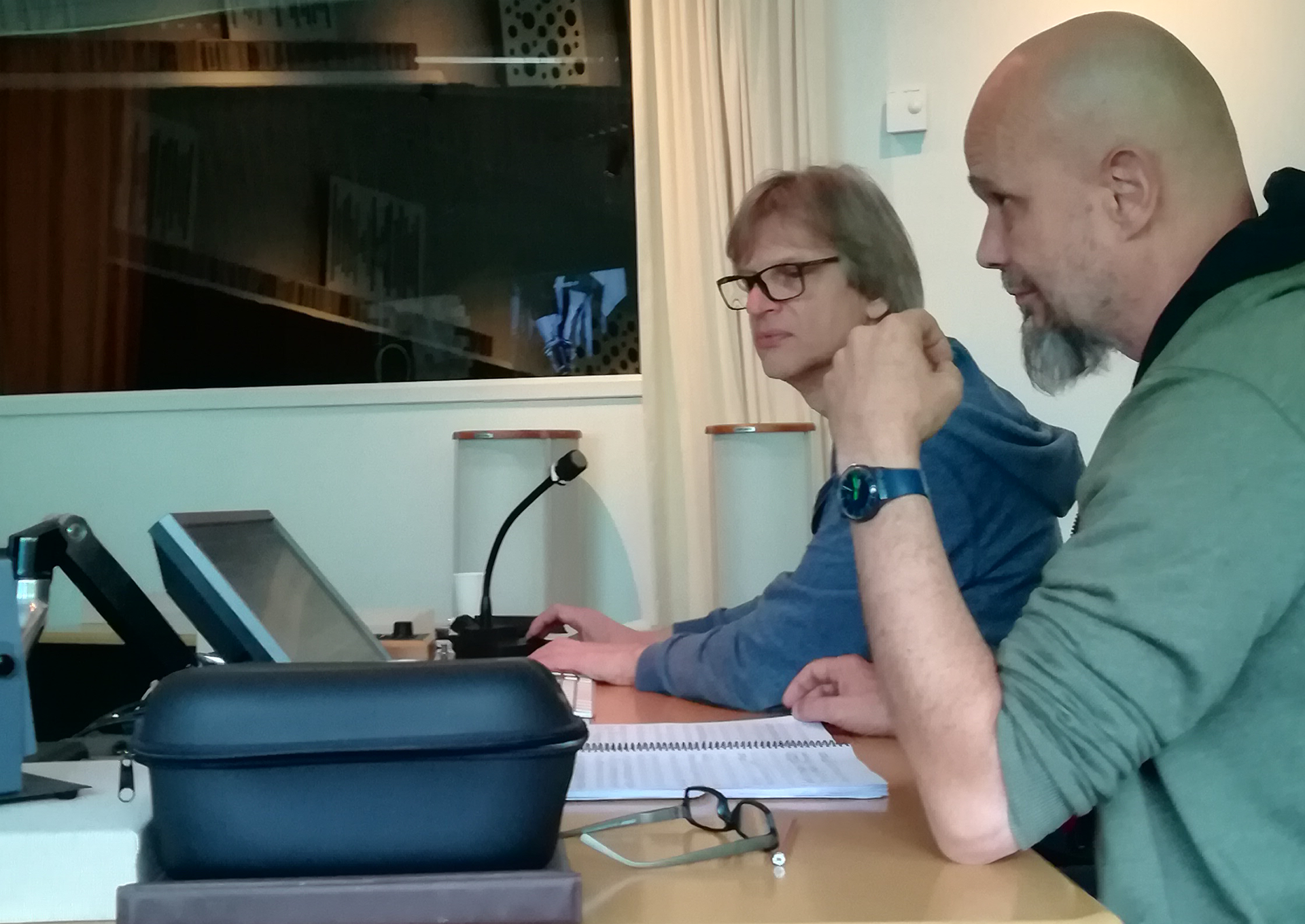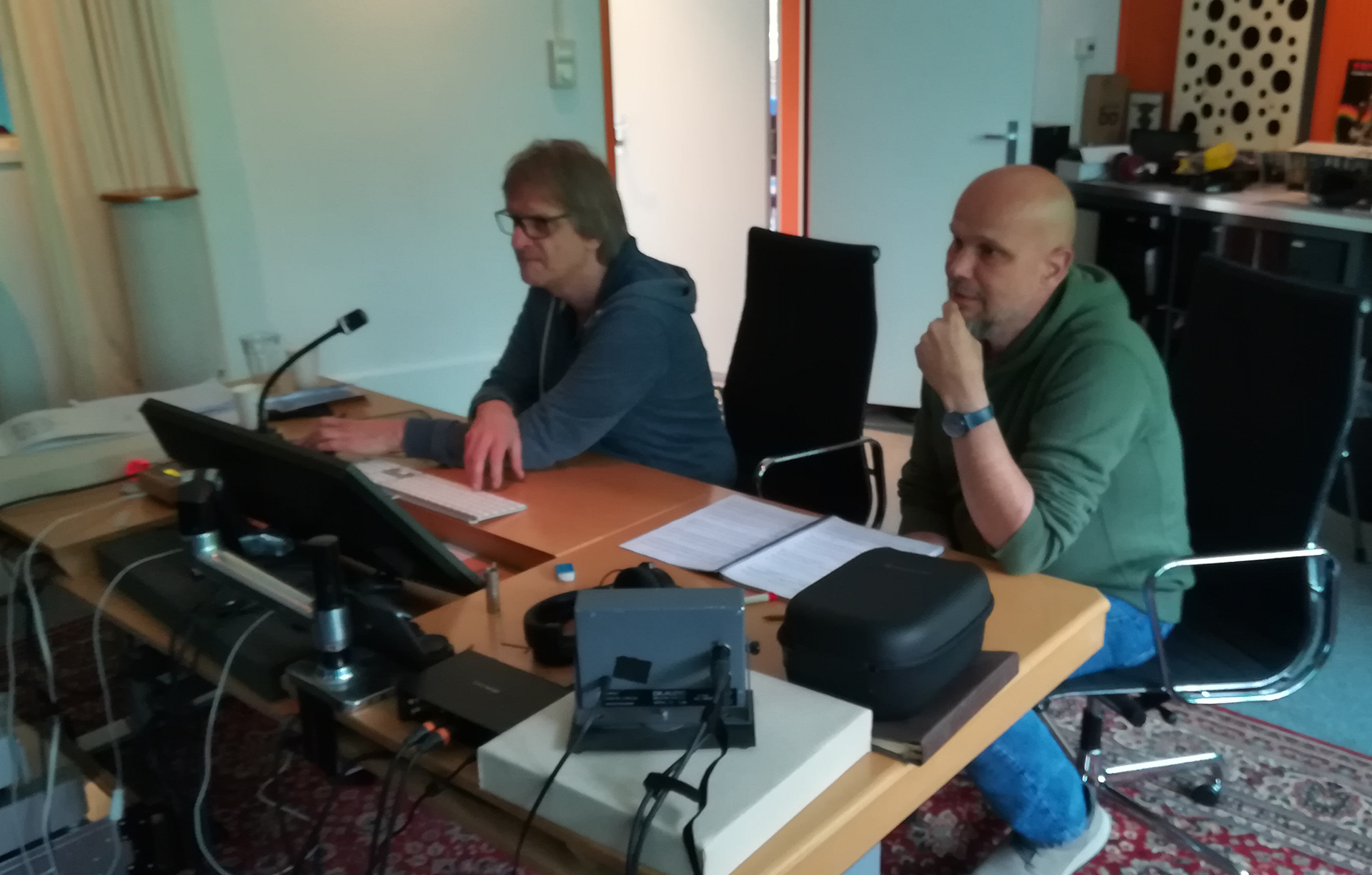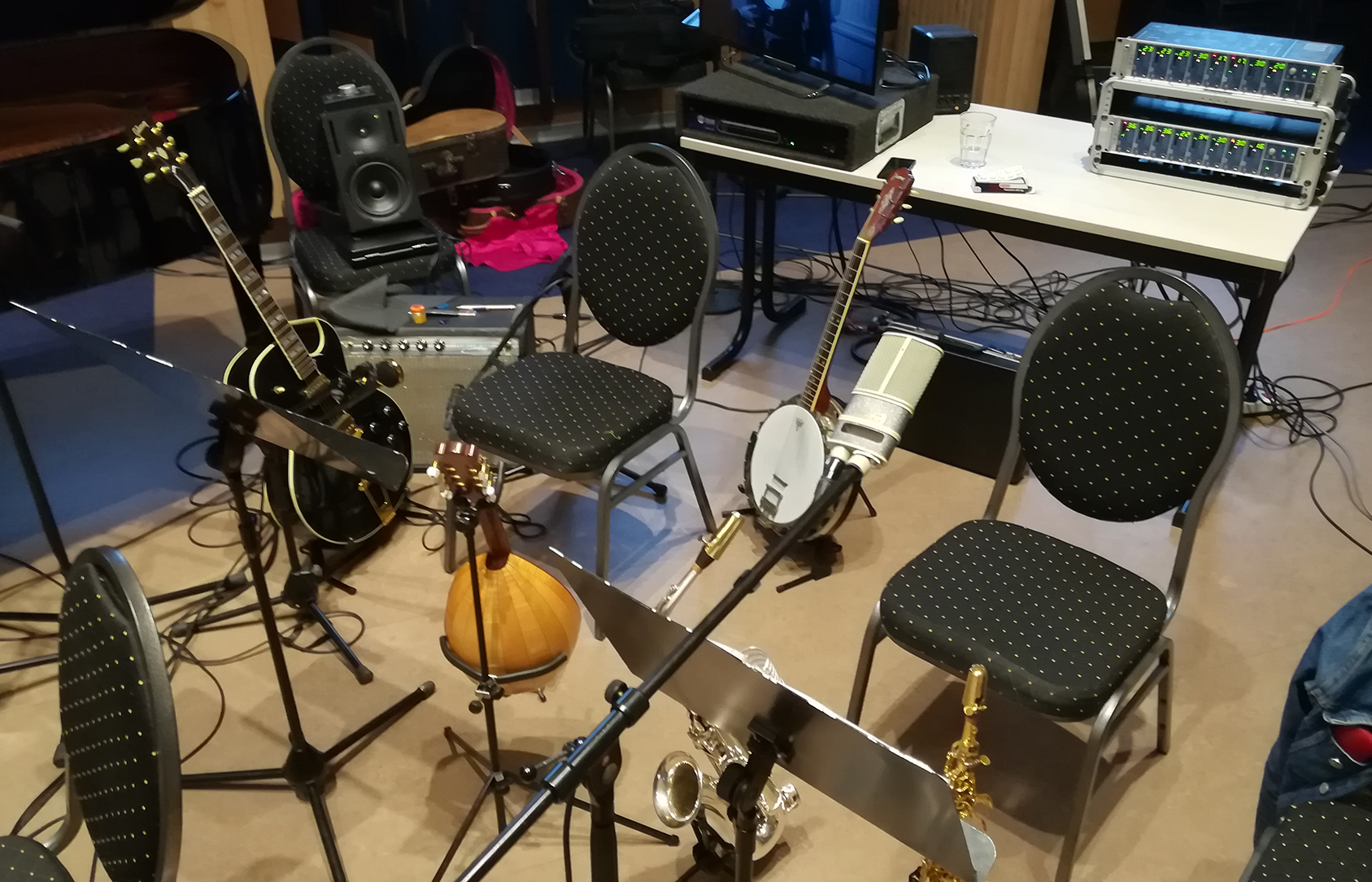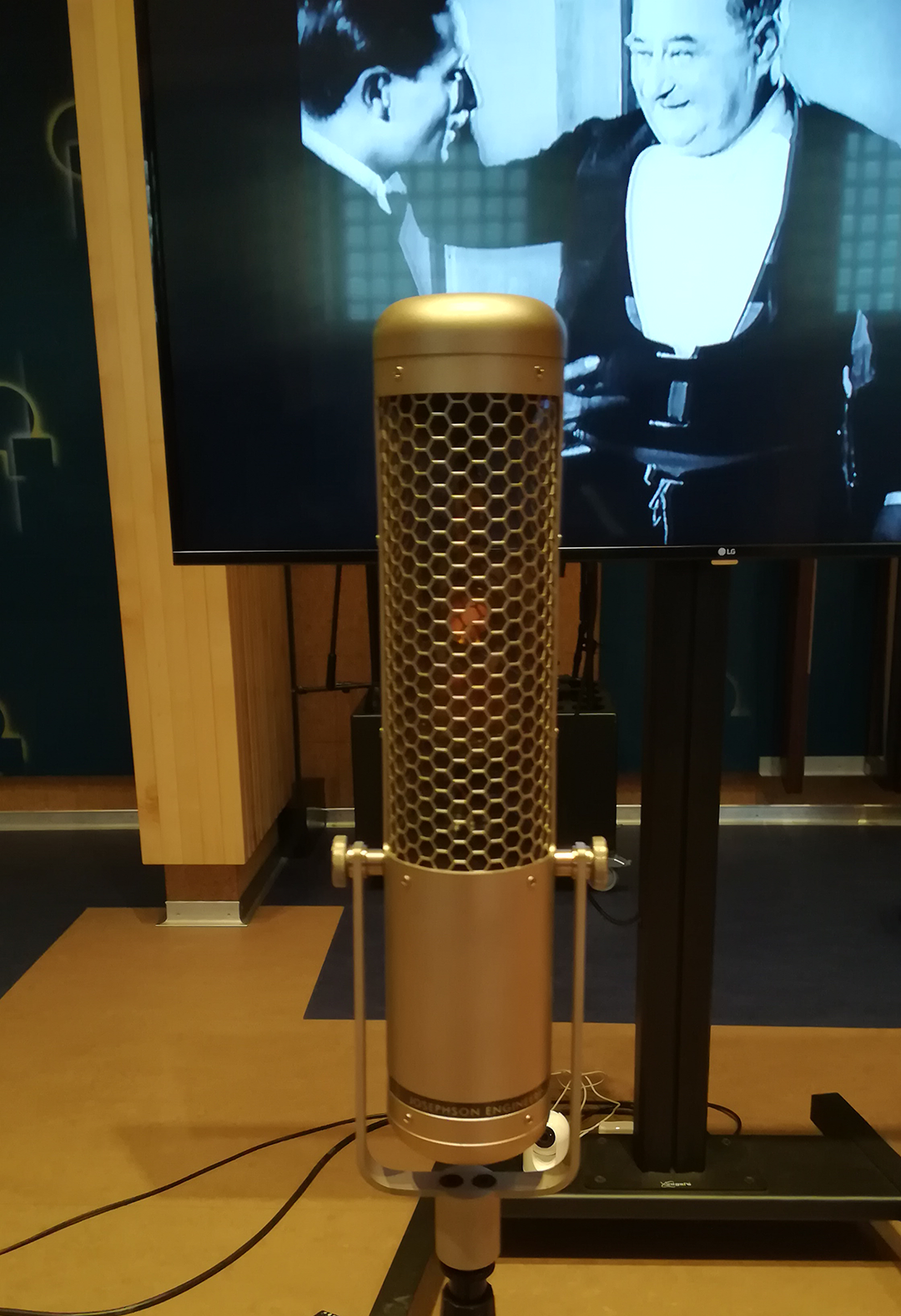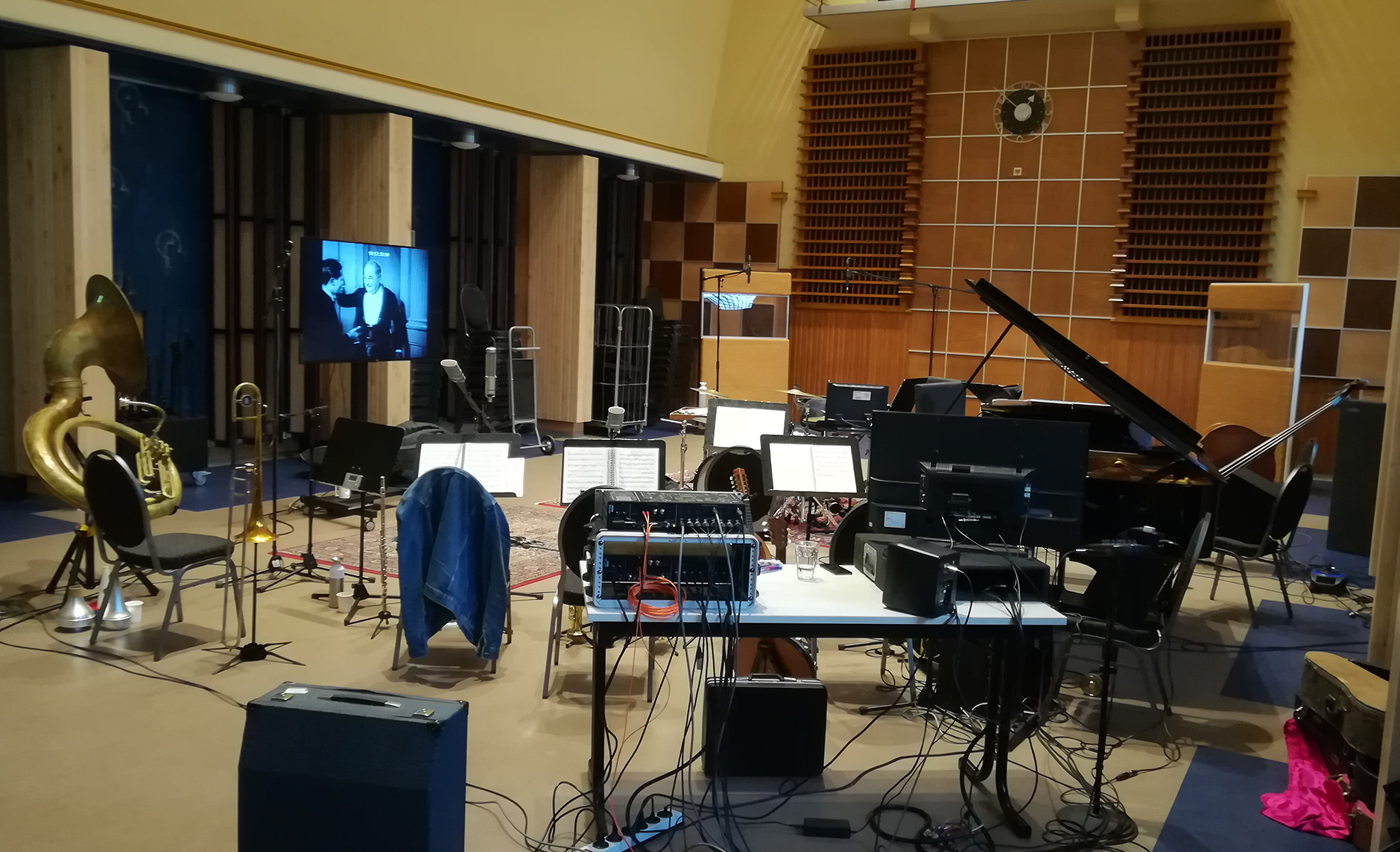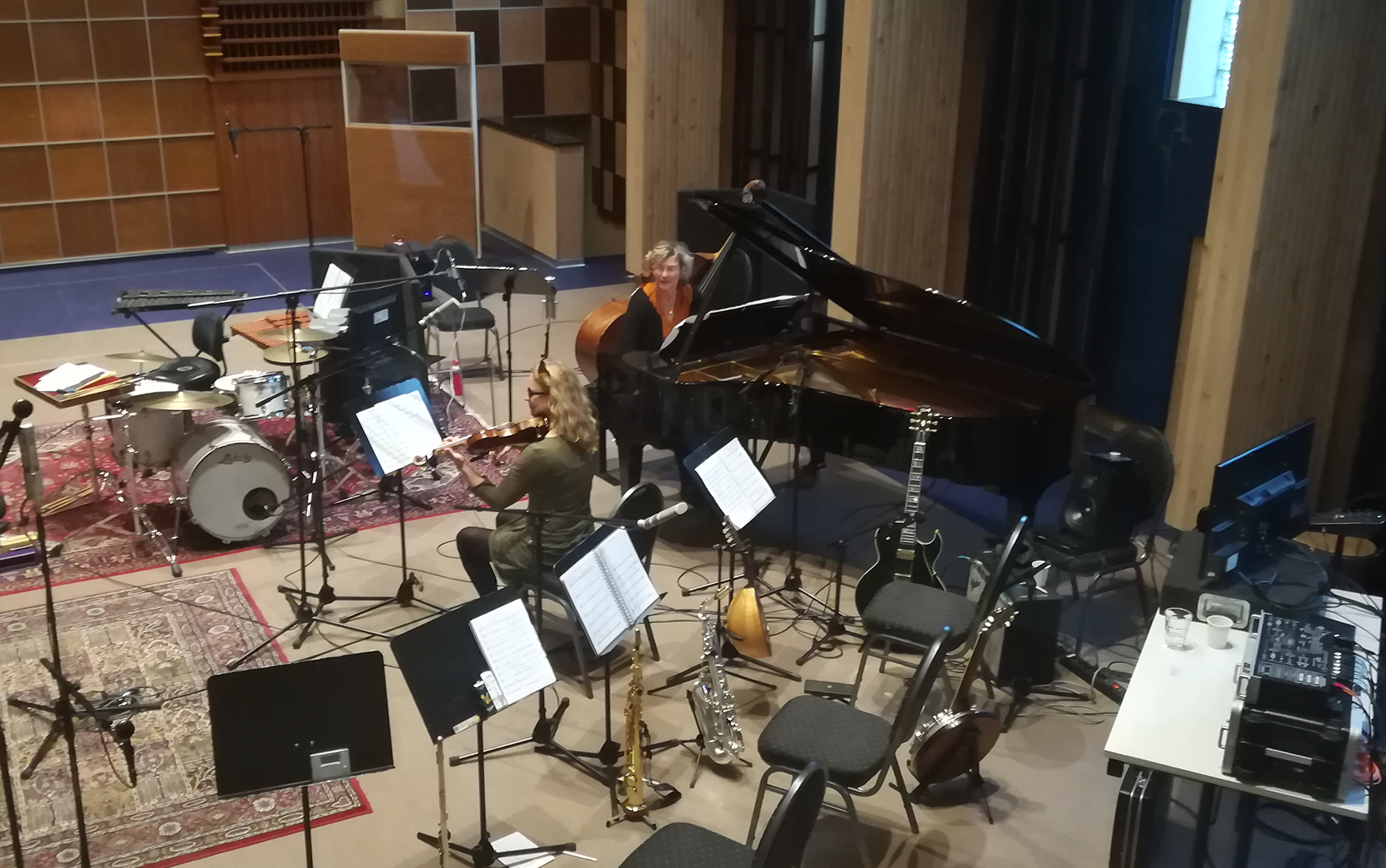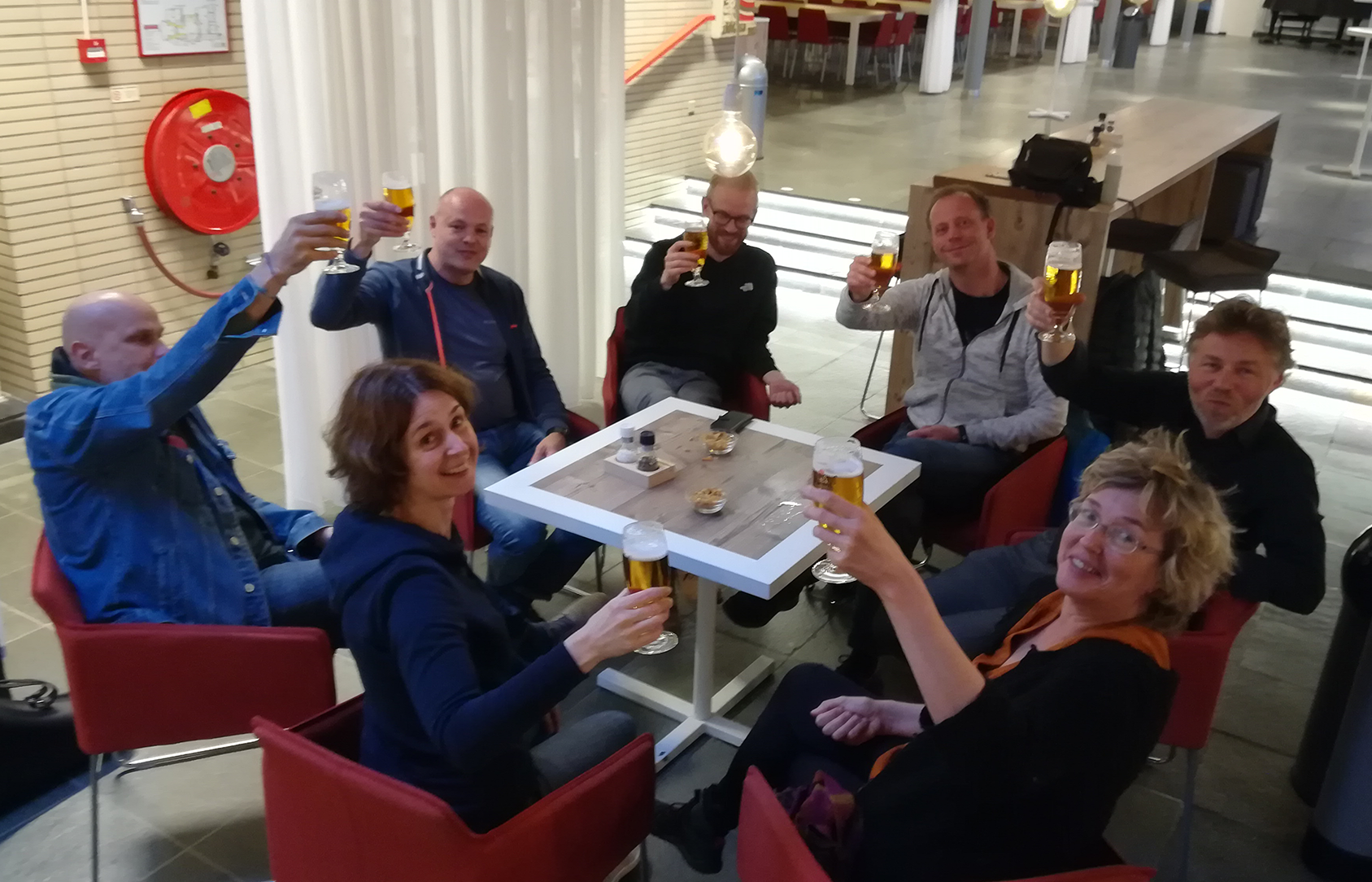A Crazy Night
A Crazy Night
Germany 1927, 83 min. | HD-s/w-restored version
Berlin. Berlin.
A Crazy Night was based on the stage play of the same name by Wilhelm Mannstädt and Julius Freund, which was written especially for the Central Theatre in Berlin in 1895. It is a classic comedy whose secret star is Berlin itself. The settings of the theatre version were adopted almost unchanged: The streets of Berlin, the circus, which in the film version unceremoniously becomes a vaudeville, a restaurant with small, intimate séparées and the police station where Pieper spends a considerable part of the 'great night'. The intertitles were written by the Austrian actor and comedian Paul Morgan.Richard, the film premiered on 21.01.1927 at the Alhambra cinema in Berlin.
A Crazy Night is a comedy about a businessman from the provinces, Florian Pieper (Harry Bender), who is supposed to compete in a show wrestling match at the Berlin nightclub 'Scala'. His sports club from Essig-an-der-Gurke has appointed him to do so. Before he can defeat his strong opponent on stage, the shrewd Mr Pieper has a lot to do. His real interest is the vaudeville dancer Margot (Ossi Oswalda), who is engaged to the jealous artist Edouardo Bonaventura (Harry Liedtke) and who also performs at the 'Scala'. Florian's wife has also secretly made her way to Berlin to visit her brother - who is, of all people, Eduardo! As expected, this constellation gives rise to the craziest complications, which finally bring good Florian to the police station, where he meets guard Lehmkuhl (Kurt Gerron), who is looking forward to fatherhood. Florian is released from custody after Lehmkuhl becomes the father of quadruplets. When the club closes in the early hours of the morning, all the couples are happily reunited - after a great night at the 'Scala'.
The new music by Frido ter Beek with Maud Nelissen and The Sprockets for A Crazy Night takes us right into the music scene of 1920s Berlin and pays tribute to the German film and pop composer Fred Raymond (1900-1954). Raymond was very popular in his day, writing evergreens such as 'In a Little Confectionery' and 'My Brother Makes the Noises in the Sound Film', and was the composer, along with Austin Egen (1987-1941), of 'A Crazy Night', which played as a musical interlude to the film. In its verve and irony, the new film music takes up this piece - and Fred Raymond's style in general - and presents wonderful songs with 'Gott sei Dank, heut bin ich ledig' (1927) or 'Es muss nicht Hummer sein mit Mayonnaise' (1930)', which still delight us today with their wordplay and humour. Frido ter Beek and Maud Nelissen are passionate musicians with long stage and concert experience. Their music, which confidently oscillates between the light music of the 1920s and the swing and jazz of more recent times, emerged from this practice. With the new music, the film comedy really picks up speed once again, leaving the audience spoilt for choice as to who delivers the better performance: the virtuoso Sprockets with their strong brass section and finely chiselled solo instruments - or the film, which is back after many years and brings back a piece of authentic Berlin entertainment culture.
A Crazy Night
Film music for small ensemble by Frido ter Beek (2019) to the film of the same name by Richard Oswald (1927).
Line-up THE SPROCKETS:
Daphne Balvers (Soprano saxophon) Frido ter Beek (Tenor saxophon) Marco Ludemann (Banjo / Jazz Guitar / Mandoline) Peter Keijsers (Posaune / Sousaphon) Jasper Somsen (Kontrabass) Rombout Stoffers (Percussion, Glockenspiel / Xylophon / Akkordeon / Gesang) Maud Nelissen (Piano / Triangel)
Frido ter Beek
Saxophonist and composer, comes from the Netherlands and has been living in Buenos Aires since 2015. He studied classical saxophone at the conservatory in Utrecht and then jazz with Ferdinand Povel at the conservatory in Hilversum (now Amsterdam). In Buenos Aires he founded his own jazz quartet, plays in various groups and teaches in Avellaneda (Argentina) and Montevideo (Uruguay).
He regularly comes to the Netherlands and works with his regular ensembles, the Koh-I-Noor Saxophone Quartet, and The Sprockets. He also plays with top-class artists, theatre groups and orchestras such as the Clazz Ensemble, Dutch Jazz Orchestra, Independance, Harry Sacksioni, Stef Bos, New Standard Trio, One Armed Octopus or Simply Jazz. As a soloist on alto saxophone he plays in the Charli Green Big Band and works as a conductor of big bands.
Composition is becoming increasingly important for his artistic work. Frido ter Beek wrote several pieces for the saxophone quartet Koh-I-Noor, as well as for the Sirius Saxophone Quartet, Clazz Ensemble (small big band) and various duos (Cabezaz-Bavio, Imaginaire, Koleva-van Otterloo, Company Canton Cuypers). He composed several film scores, among others for a film by Louis Gasteren, for Murnau's last film 'Tabu' (i. A. of the Arka Symphony Orchestra) and for his regular ensemble The Sprockets.
Dutch musician Maud Nelissen was one of the first women to break into the long male-dominated ranks of silent film pianists. Today she is one of the internationally renowned greats of silent film music and can be heard at all the major film festivals in Europe, the USA and Asia.
She trained as a classical concert pianist at the Utrecht Conservatory with Herman Uhlhorn, graduating with distinction. Another important experience for her was working with Charlie Chaplin's last arranger Eric James in Italy. In addition to solo performances, Maud Nelissen composes and arranges silent film music for orchestra and various ensembles. Her best-known works include the music for 'The Patsy' (USA 1925, King Vidor) and 'The Merry Widow' (USA 1925, Erich von Stroheim) - based on Franz Léhar's operetta of the same name.
She founded the silent film ensemble The Sprockets 15 years ago. The word sprockets in English refers to the transport roller in the film projector that propels the film. With The Sprockets, Maud Nelissen presented her film score for 'The Apaches of Paris' (D 1927, Nikolai Malikoff) at the Ufa Film Nights last year. In addition to her work with The Sprockets, Maud Nelissen performs with other ensembles and orchestras such as the Vienna Chamber Orchestra, Orchestra del Teatro Comunale di Bologna or Cello8ctet Amsterdam. In 2008 she made her US debut at the Telluride Film Festival in Colorado, followed by a successful appearance at the Turner Classic Movies Film Festival in Hollywood (2011).
Richard Oswald wurde 1880 in Wien geboren. Er begann eine Karriere als Schauspieler in Wien, bevor er 1914 erstmals als Regisseur arbeitete und 1916 seine eigene Produktionsfirma, die „Richard Oswald-Film GmbH“ gründete. Oswald galt als Begründer des sogenannten Aufklärungsfilms. Er behandelte in seinen Werken häufig Tabuthermen, wie Homosexualität, Schwangerschaftsabbruch oder Geschlechtskrankheiten. Viele diese, meist in den späten 1910er Jahren entstandenen Filme wurden stark zensiert. Nach einer Phase von eher erfolglosen Klassikverfilmungen inszenierte Oswald in den 1920er Jahren viele Genre-Filme. Ab 1926 arbeitete er für die Nero-Film, die er zusammen mit Heinrich Nebenzahl gegründet hat. Neben leichten Stoffen (‚Im weißen Rössl‘, 1926) und Altbewährtem (‚Der Hund von Baskerville‘, ‚Frühlings Erwachen‘, beide 1929) griff er mit ‚Feme‘ (1927), einem Film über die Ermordung Walter Rathenaus, auch politisch brisante Themen auf. 1930 inszenierte er seinen ersten Tonfilm ‚Wien, du Stadt der Lieder‘. Mit Beginn des NS-Regimes floh Richard Oswald 1933 zunächst nach Paris, um später mit seiner Frau und ihren gemeinsamen Kindern in die USA zu emigrieren. In Amerika drehte er drei Filme, konnte jedoch nicht an seine früheren Erfolge anknüpfen. Während eines Besuchs in Deutschland erkrankte Oswald und verstarb am 11. September 1963 in Düsseldorf.
Credits
- Direction:
Richard Oswald - Screenplay:
Richard Oswald, Paul Morgan - Camera:
Otto Kanturek, Edgar S. Ziesemer - Actors:
Harry Bender (Florian Pieper, Insect powder manufacturer from Essig an der Gurke), Ossi Oswalda (Margot Olschinsky, Varieté-dancer), Harry Liedtke (Odoardo Bonaventura, Varieté-artist), Ferdinand Bonn (Ruhesanft, sexton), Paul Graetz (Pille, Pharmacist), Kurt Gerron (Constable Lehmkuhl) u.v.a. - Film restoration (2019):
Deutsches Filminstitut and Filmmuseum - Score music (2019):
Frido ter Beek (Commissioned by ZDF in collaboration with Arte) - Editorial:
Nina Goslar, ZDF - Production:
Thomas Schmölz, 2eleven music film


